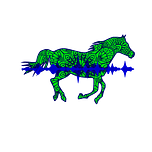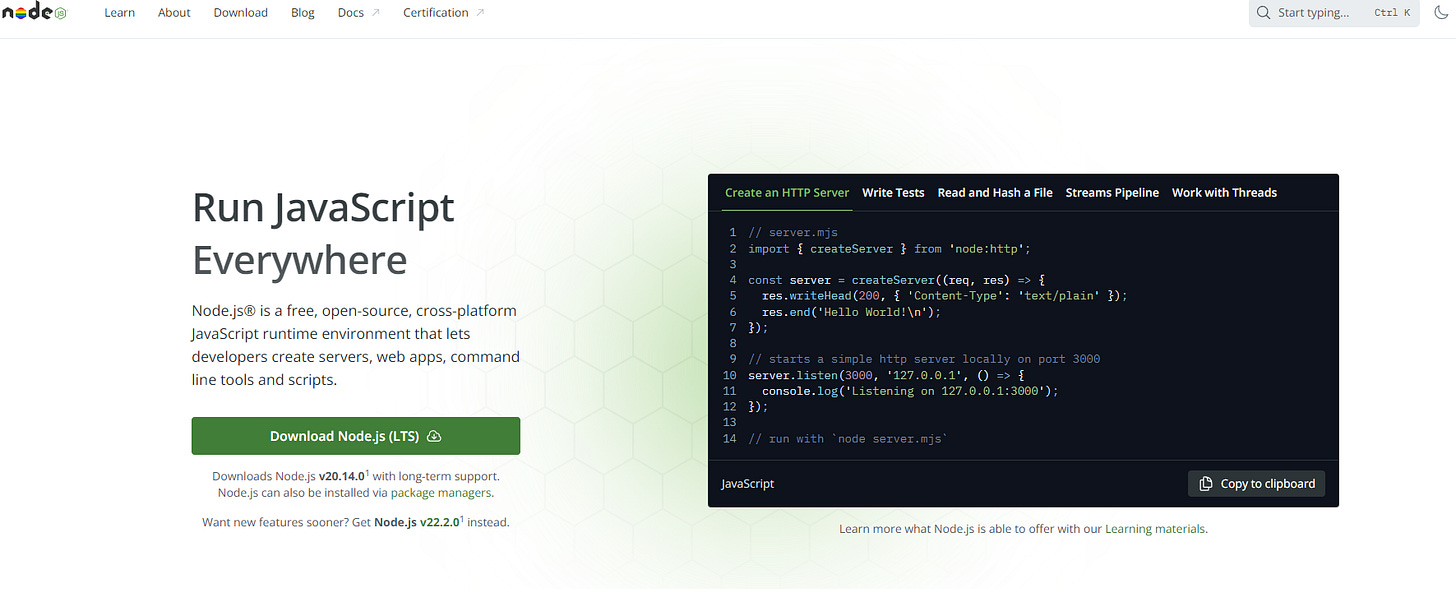
This is week 2 of considering…can I register an agricultural product on the blockchain without paying a dedicated blockchain team to help?
We are now in the second week of our capability demonstration to register hops on the blockchain. Last week, we conceptualized how to integrate agriculture and blockchain operations, considered the advantages and disadvantages of different blockchain platforms, and identified our agricultural test bed product.
Agriculture producers interested in directly marketing their product to a specific market benefit from traceability to verify their product’s quality. Blockchain offers an opportunity for traceability. This test will consider: can I register an agricultural product on the blockchain without a dedicated blockchain team to help?
Considering both capability and cost, we narrowed our initial test bed of blockchain tokens down to two: Polkadot and Cardano.
Polkadot supports the use of several token types across various blockchains through a central relay chain. For agricultural cooperatives, Polkadot allows developers to customize blockchain features to suit specific needs, such as supply chain management and financial transactions.
There is a downside to Polkadot: the cost of securing a parachain slot. Winning a slot can be expensive, depending on the demand and the strategic importance of the slot duration. Costs can range from hundreds of thousands to millions of dollars in equivalent DOT, making it a significant barrier for smaller projects or startups. Agricultural cooperatives might be able to handle the cost, but individual producers would not.
Cardano offers advanced security and sustainability features, aiming to provide more advanced and efficient smart contract capabilities. Cardano supports smart contracts and decentralized applications. Its smart contract capabilities can handle agricultural traceability, such as recording detailed data about animal or plant care, harvest, and distribution.
Cardano also has downsides. Its user base is smaller than more established blockchains like Ethereum. With a smaller user base, there’s less support and features. And while Cardano is rolling out scalability solutions, those aren’t all in place yet.
A compelling feature of both Polkadot and Cardano is their test net environments. These test nets are essential for experimentation, learning, and validation before deploying solutions on the main net. Test nets allow developers to test blockchain applications for free. This is particularly beneficial for startups and individual developers. These test nets provide a safe environment to experiment and make mistakes without the risk of losing funds or impacting the business.
The intent of this capability demonstration is to understand how we can apply blockchain innovation to enhance agricultural practices and cooperative management.
But we have bigger aims.
Our overall intent is to give agricultural producers another avenue to market their products directly to their customers rather than competing in the wholesale agricultural commodity market. Agricultural producers who use blockchain traceability can provide undeniable proof of the quality, origin, and methods used to produce their goods. For consumers increasingly concerned about these factors, this level of transparency builds trust.
This approach has the potential to return more profits to the agricultural producer. It can eliminate middlemen, cutting fees and commissions out of the supply chain. It can help verify the quality and origin of products, enabling producers to justify premium pricing. Consumers are often willing to pay more for products that are guaranteed to be fresh, organic, sustainably sourced, non-GMO, or free-range, which often carry higher price tags.
Traceability offers consumers a directly sourced, high-quality, fresh, and local product. Consumers can access blockchain data to confirm that the product is directly sourced without intermediary tampering or repackaging. They can see exactly who is responsible for their food production. This fosters a direct connection with the farmer or producer, enhancing trust and supporting local economies.
We are going to start with a test net. Before we can begin interacting with the Cardano test net and deploying smart contracts, we need to set up the development environment.
Set Up The Development Environment
To set up the development environment, we need to install Node.js and the Node Package Manager (npm). These are tools for blockchain development and network interaction. Node.js is a runtime environment that allows us to run JavaScript, and npm is its package manager, which facilitates the installation of libraries and tools. The npm repository has a vast array of libraries and tools to enhance blockchain development.
Node is available for Windows, macOS, or Linux. I’ll be installing the version for macOS…
No problems with installation. The Mac terminal verifies success. A quick “Hello, World!” command reporting back to the Terminal verifies that Node is working.
We also need to install the Cardano Command Line Interface (CLI) to interact with the Cardano blockchain. We can download it from the official Cardano repositories. I’ll spare you the setup, which includes downloading XCode and Homebrew. I will note that installing programming software always feels like I will break something.
Next, we need to become familiar with Plutus.
The Plutus Playground
Plutus is a smart contract platform for Cardano. It’s based on the programming language Haskell. Haskell is a purely functional language, which means that it treats all computation as the evaluation of mathematical functions. Here’s a simple example of a Haskell function:
-- This function adds two numbers
add :: Int -> Int -> Int
add x y = x + yYou can find more resources and tutorials on the Plutus Platform GitHub page or through the Cardano developers portal.
With some configuration effort, I get a simple “Hello, Haskell!” command to work.
My goal is to get to the Plutus Playground. This test environment should allow us to test Cardano smart contracts.
But I hit a snag. Plutus was a platform maintained online by Cardano, but they’ve stopped. To run Plutus, I have to set up on my local machine. I may not even need Plutus to do what I need.
I told you I would share both successes and failures. I expect failures. No test is a failure, because even if you don’t achieve your goal, you learn something that didn’t work.
Blockchain traceability for agriculture has to be achievable for individual agriculture producers or it won’t gain mainstream adoption. I’ll get there.















